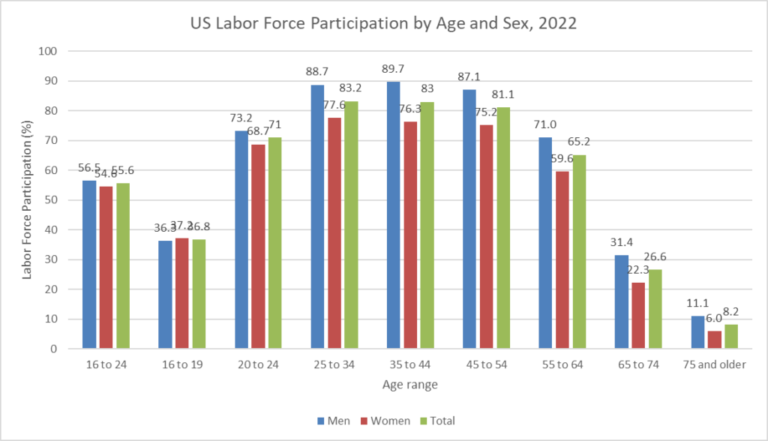
Providers are increasingly losing ground in the fight over fair reimbursement — payers keep refining their tactics to deny claims, and recent legislation will likely add even more hurdles.
On Tuesday, a medical coding startup Arintra raised $21 million in Series A funds to help solve this problem. The San Francisco-based company promises to help health systems and physician groups get reimbursed accurately and efficiently for every service delivered.
The startup’s funding round was led by Peak XV Partners, with participation from other funds such as Counterpart Ventures, Endeavor Health Ventures, Spider Capital, Ten13 and Y Combinator.
Arintra was founded in 2020 by computer scientists Nitesh Shroff and Preeti Bhargava, who serve as CEO and chief technology officer, respectively. The idea for the company originated from Bhargava’s personal experience with a shockingly large hospital bill — after a relatively uneventful four-hour stay in the emergency room, she was slapped with a $19,000 bill.
The bill’s total eventually came down significantly after months of exhausting back-and-forth communication with her health plan, but the experience stuck with Arintra’s co-founders. It made them realize how complex medical coding is, and it made them want to build a solution that could make it easier for hospitals to code visits accurately and get paid in a timely manner.
Shroff said that Arintra’s technology works like “a highly skilled coder operating at her peak performance 24/7.”
Coding is the key to earning reimbursement from commercial payers and government programs — but even the most accurate coding is only as good as the documentation.
Document gaps can easily result in revenue loss, even when the coding is accurate, Shroff pointed out.
“Arintra dives into the documentation to spot potential gaps, asking context-specific questions, such as, ‘When the practitioner completed X procedure, did she also conduct Y and Z?’ based on our universal knowledge of what practitioners typically do in such procedures,” he explained.
The platform combines this with its understanding of payers’ policies, coding guidelines and documentation requirements to deliver providers with actionable, chart-specific feedback, Shroff said.
It has features for continuous documentation improvement as well, which helps guarantee each chart has the highest compliant level of coding, he added.
“Additionally, Arintra generates payer-aware claims informed by both contractual rules and historical denial patterns. As a result, more claims are first-pass accurate — reducing denials, rework and documentation-related delays,” Shroff stated.
The startup “delivers everything inside the EHR” and makes money by charging a small fee per each chart its platform successfully processes, he noted.
He also noted that most hospitals still handle their coding manually, or they outsource their coding services completely. This is problematic because manual coding doesn’t scale, and outsourcing can help with capacity but often introduces security risks, quality issues and turnaround delays.
“Our biggest challenge is changing the status quo. Fortunately, health systems already feel the pain and know they have to adopt technology — more so because insurance companies are using automation to deny claims,” Shroff declared.
With insurers leaning on automation to deny claims, Arintra is betting that automation can also be the key to getting providers paid more quickly and fairly.






